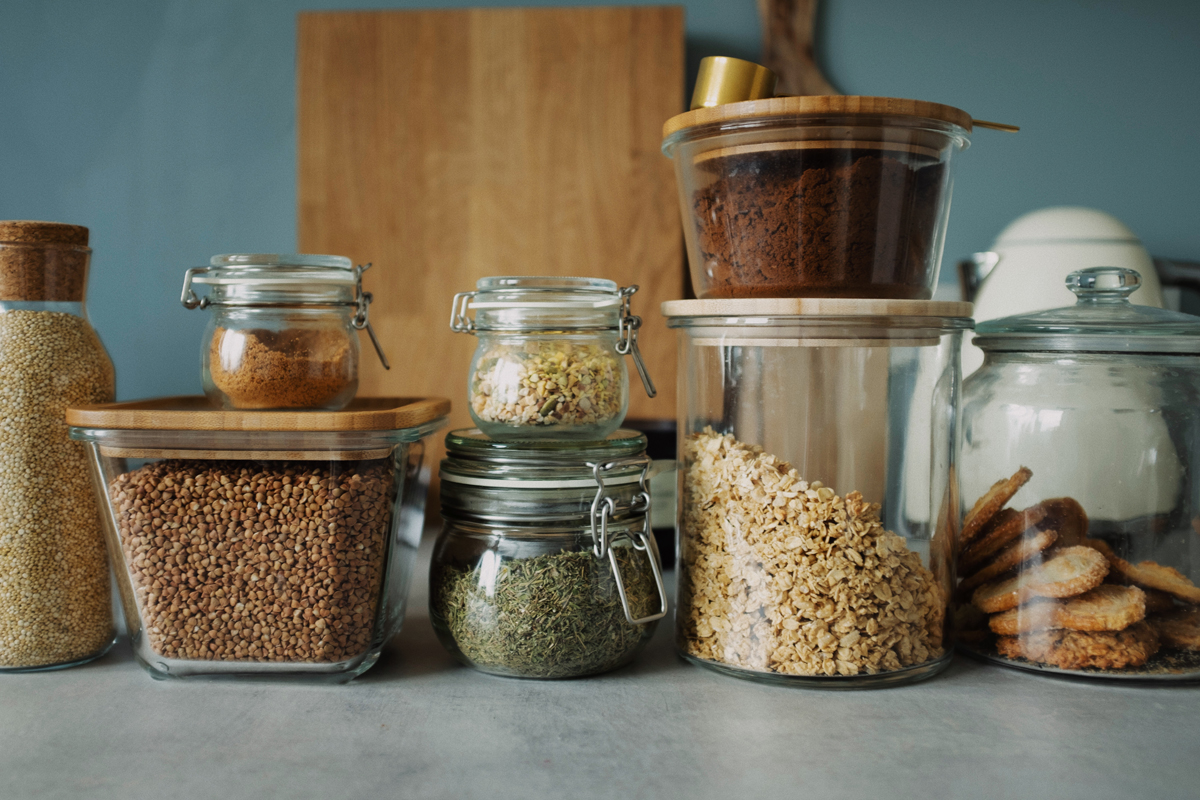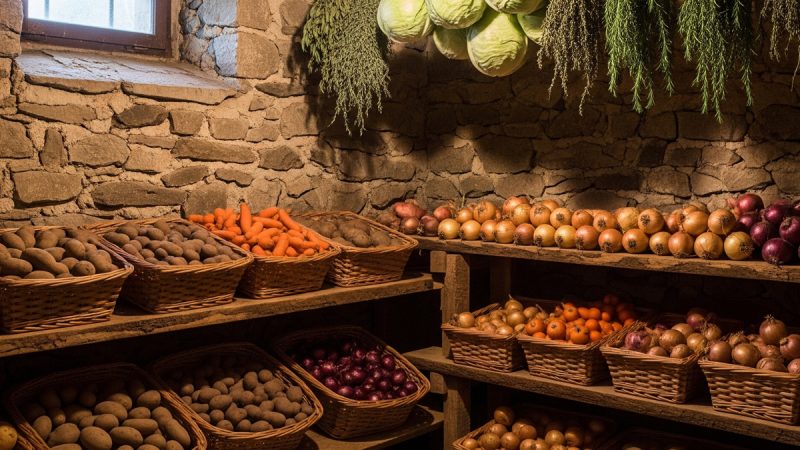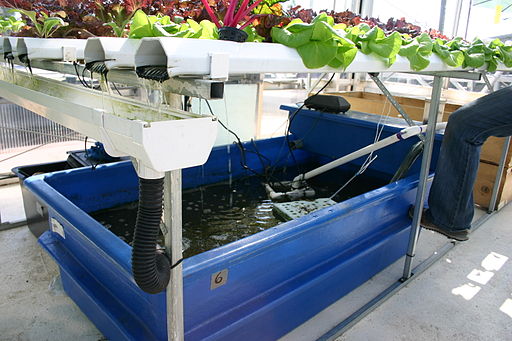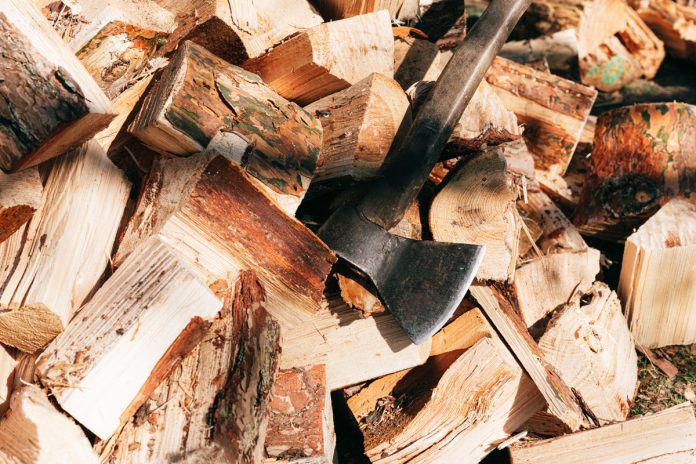Surviving a Food Shortage: Essential Tips

When it comes to surviving a food shortage, preparation is key. While it may be impossible to predict when a food shortage will occur, taking steps to prepare for one can help you and your family survive any crisis.
Here are some essential tips and strategies:
How Much Food Should You Stock Up On?
The first step in preparing for a food shortage is stocking up on enough food to last for an extended period. Experts recommend having at least three months’ worth of food on hand per person. This includes non-perishable foods such as canned goods, dried fruits, nuts, grains, and pasta.
How to Store Food for Long-Term
When storing food for the long term, it’s important to keep it in a cool, dry place, away from direct sunlight. Foods stored in temperature-controlled environments can last up to 25 years. It’s also important to store food in airtight containers and to use oxygen absorbers to prevent oxidation.
Food is important for energy and nourishment. Learn how to identify edible wild plants and animals in your area.
Basic Foods to Stock
1. Rice – A staple food that is easy to store and cook. It can be used in a variety of dishes and can provide energy through carbohydrates.
2. Beans – A good source of protein and fiber, beans are versatile and can be used in soups, stews, and salads.
3. Canned fruits and vegetables – These can provide essential vitamins and minerals needed to maintain good health during an emergency.
4. Canned meats – These are a good source of protein and can be used in a variety of dishes.
5. Peanut butter – A high-energy food that can provide necessary nutrients and calories.
6. Pasta – Pasta is a simple and versatile food that can be used in many dishes.
7. Canned soups and broths – These can provide necessary nutrients and fluids during an emergency.
8. Nuts – A high-energy food that provides healthy fats and essential nutrients.
9. Dried fruits – These can provide necessary vitamins and nutrients and make a good snack.
10. Granola bars or other packaged snacks – These are convenient and provide a quick source of energy.
11. Powdered milk – A good source of calcium and vitamin D, powdered milk can be used in cooking and baking.
12. Cereal – A quick and easy breakfast option that can provide necessary nutrients.
13. Crackers – A good source of carbohydrates and can be used as a quick snack or meal.
14. Instant coffee or tea – A source of caffeine can help with alertness and energy during an emergency.
15. Cooking oil – Necessary for cooking and baking, vegetable or olive oil can be stored long-term.
16. Salt, pepper, and other spices – These can add flavor to food while also providing essential nutrients.
17. Sugar – A necessary ingredient for baking and can also be used to sweeten beverages.
18. Baby formula, if needed – Essential for infants who require it.
19. Pet food, if needed – Necessary for pets who require it.
20. Water – The most essential item to stockpile in an emergency, it is important to have enough water on hand for drinking, cooking, and bathing purposes. Experts recommend having at least one gallon of water per person per day for a minimum of three days.
How to Store Water for Long-Term
Storing water for the long term can be challenging, but there are ways to do it safely. Water should be stored in clean, food-grade containers made of materials such as glass, stainless steel, or BPA-free plastic. It’s also important to rotate water every six months to ensure it stays fresh.
Water is the most important resource in any survival situation. Make sure you have a way to purify water, whether it be through boiling, filtering, or chemical treatment.
Medical Supplies
In addition to food, it’s also important to have basic medical supplies on hand. This includes first aid kits, prescription medication, over-the-counter medication, vitamins, and other essential medical supplies. In the event of a crisis, medical attention may be limited, so having these supplies on hand can help ensure you and your family stay healthy.
Survival Gear
In addition to food, water, and medical supplies, it’s also important to have other essential items on hand in the event of a crisis. This includes a reliable source of light, extra batteries, a portable radio, a solar-powered charger for your cell phone, a multi-tool, a durable backpack, and other survival gear.
Surviving a food shortage requires preparation and planning. By stocking up on enough food, water, medical supplies, and survival gear, you can help ensure the safety and well-being of you and your family in the event of a crisis. Remember to store food and water properly and to rotate them regularly to ensure they stay fresh. With these tips and strategies, you can feel confident that you are prepared to survive any challenge that comes your way.
The Author:
Pioneerthinking.com – Ingredients for a Simple Life.
Photo. Reqadymade








